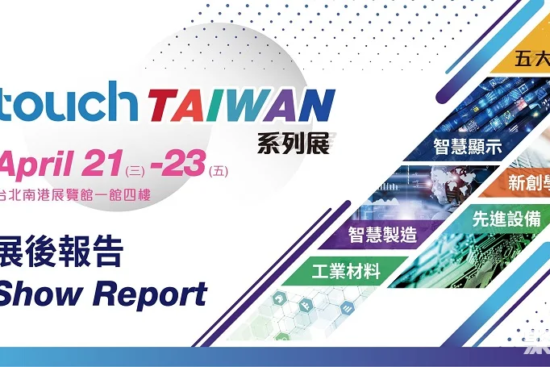
Understanding your rights and obligations as a trader is essential to ensuring smooth operations and compliance. This guide outlines the key rights that traders enjoy, enabling you to safeguard your business interests. In addition, we will explore the avenues available when your rights are infringed, enabling you to seek redress and maintain a fair business environment.
Your rights as a trader
It is recommended that you read the SARS Service Charter to fully understand your rights and obligations as a trader and taxpayer. Most of these rights and obligations can be summarised in 6 key points:
Dispute Resolution with SARS
When your rights as a customs agent and cross-border trader are violated, it is important to understand the dispute resolution channels available to you. Here is a breakdown of the available options:
Internal Administrative Appeals
- This is the first step in challenging the SARS decision.
- You must submit your appeal in writing using the form DA 51 Within 30 days from the date of making the decision or receiving the reasons for the decision.
- Incomplete forms may be rejected, causing delays. You can find Form DA51 on the SARS website.
- SARS will acknowledge receipt of the complaint within 10 days and strive to complete the complaint within 60 days.
- If you are not satisfied with the outcome, you can explore alternative dispute resolution (ADR).
- Form DA51
Alternative Dispute Resolution (ADR)
- This is a voluntary process for reaching a settlement outside of formal court proceedings.
- While you can initiate ADR, SARS will ultimately decide whether something is appropriate.
- You must submit the completed form DA 52 Within 30 days from the date of receipt of the Internal Appeals Committee’s decision.
- If the matter is suitable for ADR, SARS will notify you within 20 days.
- If selected, the neutral mediator will work with both parties to reach a mutually agreeable solution.
- Form DA52
Key points:
- Make sure you submit all the information and documents required for both processes.
- Missing information may delay resolution of the dispute.
- If ADR fails, you may still be able to seek judicial review through the Tax Court.
When to contact the Tax Ombudsman
The Tax Ombudsman (OTO) is a valuable resource for taxpayers who have exhausted the internal SARS complaint channels and are still dissatisfied. The following are reasons why contacting the OTO may be necessary:
- Unresolved issues: If SARS does not resolve your service, procedural or administrative complaint to your satisfaction, the OTO may investigate further.
- Systemic issues: The OTO investigates recurring problems within the tax system that affect multiple taxpayers.
- Fairness and Justice: The OTO is an independent body that can assess your situation objectively.
Examples of situations where OTO can help:
- Unhelpful or unprofessional conduct by SARS staff
- Missing tax assessment information
- Issuing tax assessments without proper notice
- Unreasonable delays in processing payments or refunds
- Failure to respond to a request for compromise or suspension of payments within the specified time
Benefits of using OTO:
- Free Services: The OTO complaints process is free of charge.
- Accessibility: You can file a complaint online, by mail, fax or by phone.
- Dedicated case manager: The OTO will assign a case manager to handle your complaint from beginning to end.
- Access to SARS information: The OTO has access to relevant SARS information to enable it to thoroughly investigate your complaint.
Important Notes:
- First, exhaust the inner passage: Generally, you should lodge your complaint with the SARS Complaints Management Office first, and then contact the OTO.
- Time Limit: There are time limits for filing a complaint with the OTO.
- Recommendations rather than binding decisions: While the OTO’s recommendations are significant, they are not binding on SARS or taxpayers.
in conclusion
Understanding your rights and obligations as a trader is essential to navigating the complex trading environment. By understanding your rights, obligations and available dispute resolution mechanisms, you can protect your business interests and remain compliant.











Leave a Reply Cancel reply
You must be logged in to post a comment.